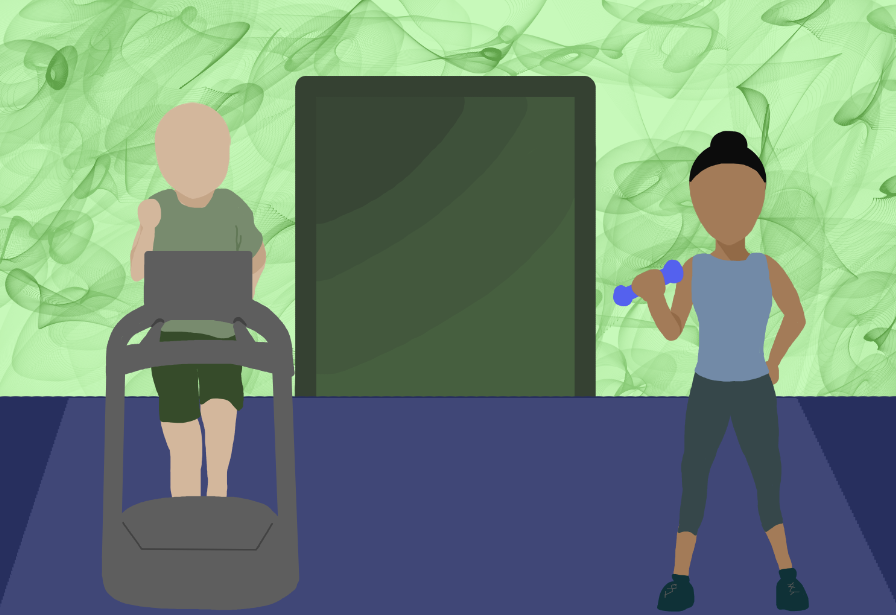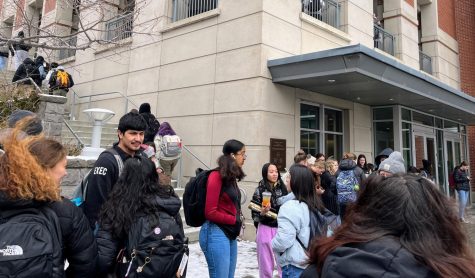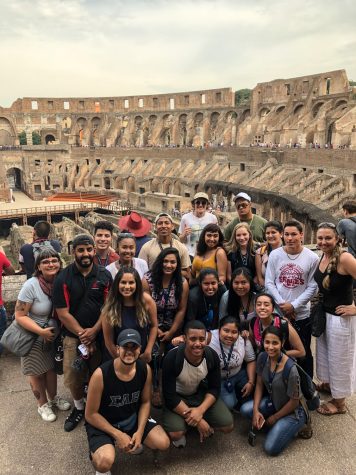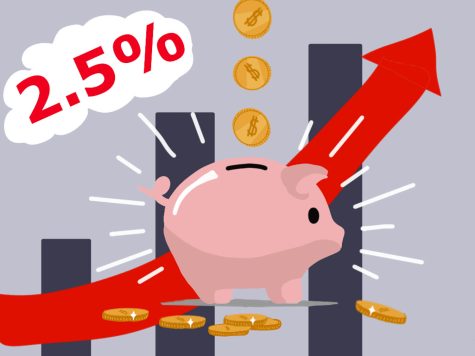Increased activity linked to more stress during early stages of pandemic, study finds
Over 900 twins responded to survey; more research will be conducted to determine long-term association
Conducting the study with twins let researchers account for the role of genetics or a shared environmental upbringing in changing stress levels.
September 18, 2020
A recent survey by researchers at WSU Spokane found people who increased their exercise levels during the early stages of the COVID-19 pandemic experienced an increase in stress and anxiety.
Increased exercise is usually linked to decreased stress levels, said lead author Glen Duncan, WSU professor and chair of the Department of Nutrition and Exercise Physiology. However, individuals who perceived either an increase or decrease in their activity levels reported they felt more stressed, as opposed to individuals whose activity levels stayed the same.
“The group that increased their activity, that was a little surprising,” Duncan said. “We don’t know all the reasons why … but we hope to get a little more clarity on that.”
Over 900 sets of twins in the Washington State Twin Registry responded to the survey, which included questions about sleep, alcohol use, exercise and other lifestyle changes resulting from the pandemic, he said.
The survey was sent out to participants within about a week of Washington’s stay-at-home order in late March, said Ally Avery, scientific operations manager of the Washington State Twin Registry.
“This is such a unique time in our history to be collecting data on something like this,” Avery said.
Conducting the study with twins allowed researchers to account for the role of genetics or a shared environmental upbringing in changing stress levels, Duncan said. In order to see if a relationship between stress and exercise levels exists, that relationship must be present within and between sets of twins.
Future studies will examine the long-term relationship of stress and exercise during the pandemic, he said. Twins will be surveyed again after three months, six months and a year.
Duncan said he does not expect the association between increased exercise and increased stress to exist long-term, which is why future surveys are needed.























